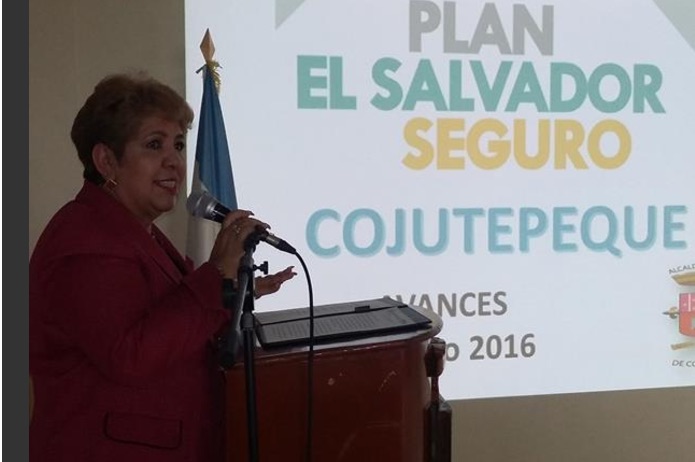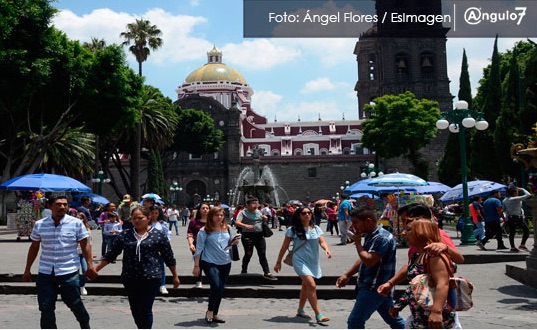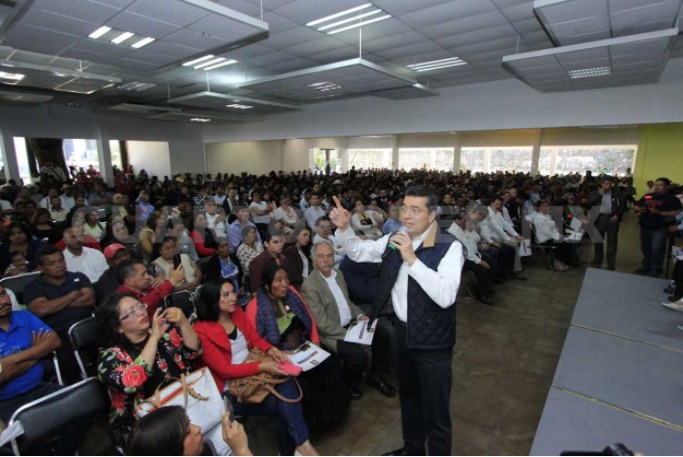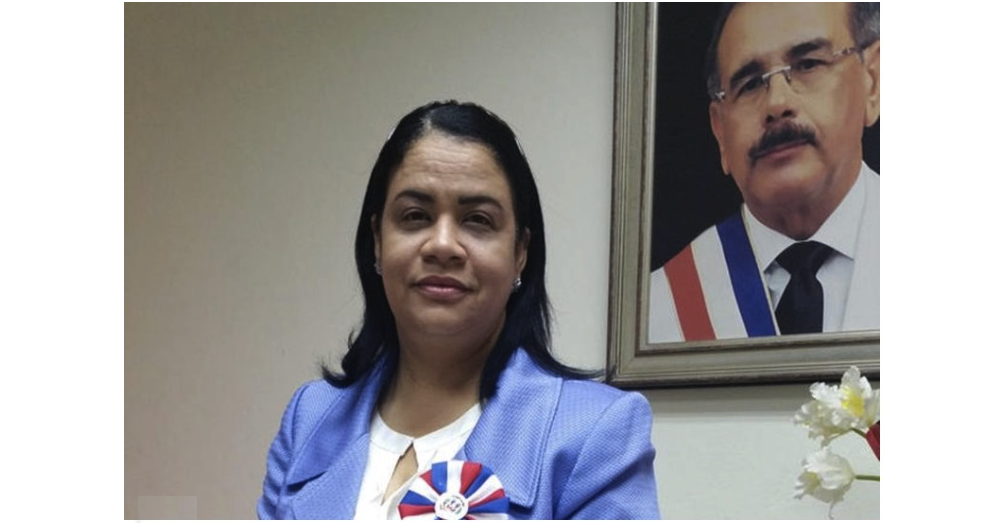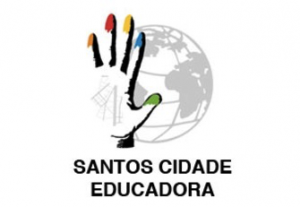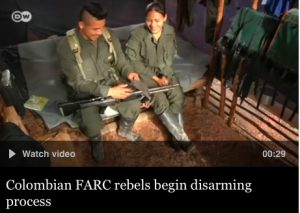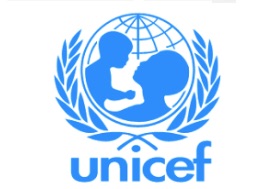FREE FLOW OF INFORMATION
Program of the website of Violencia y Paz, Colegio de México
Seminar on Violence and Peace: Diagnoses and Proposals for Mexico. With the support of the National Commission for Human Rights (CNDH) and the Belisario Domínguez Institute (IBD) of the Senate of the Republic, we invite you to participate in this forum for three days of dialogue and reflection, on 7, 8 and 9 August.
On August 7, all activities will take place in the house of Xicoténcatl (Former seat of the Senate of the Republic).
On August 8 and 9, all activities will take place in the auditorium Sebastián Lerdo de Tejada in Donceles # 14. The entrance to the panels in both locations is free and it is not necessary to register in advance.
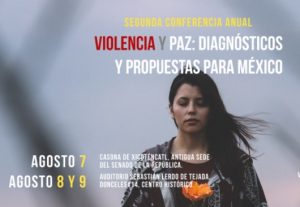
Program of the 7 of August of 2017.
10:00 Welcome, opening and initial ideas.
Silvia Giorguli, President of The Colegio de Mexico, Luis Raúl González Pérez, President of the National Commission on Human Rights, Miguel Barbosa Huerta, President of the Belisario Domínguez Institute of the Senate, Sara Irene Herrerías, Subprocurador for Human Rights, Crime Prevention and Community Services of the PGR [General Prosecutor of the Republic] and Sergio Aguayo, Coordinator of the Seminar on Violence and Peace of El Colegio de México.
11:00 – Panel 1. Northwest Region
Moderator: Laura Flamand (The Colegio de México)
Lecturers:
Sonora: Manuel Perez Aguirre (The Colegio de México).
Sinaloa: Yani Limberopulos (The Colegio de México).
Chihuahua: César Alarcón (UNAM) and Othón Partido (Universidad Nacional Autónoma de México – UNAM).
Baja California: Carolina Robledo (Centro de Investigaciones y Estudios Superiores en Antropología Social – CIESAS).
Commentators: Carlos Echarri (El Colegio de México) and Alejandro Vélez Salas ([Instituto Tecnológico Autónomo de México – ITAM)
15:30 – Panel 2. South Region
Moderator: Arturo Alvarado Mendoza (The Colegio de México).
Lecturers:
Michoacán: Edgar Guerra, (Centro de Investigación y Docencia Económicas – CIDE).
Guerrero: Juan Camilo Pantoja G. (The Colegio de México).
Oaxaca: Rogelio Salgado (CIDE)
Commentators: Mónica Serrano (El Colegio de México) and Ina Zoon (Open Society)
* * * * * * *
Program of August 8, 2017.
11:00 a.m. – Panel 3. Northeast Region
Moderator: Ana Covarrubias (The Colegio de México).
Lecturers:
Coahuila: Mario Pavel Díaz Román (The Colegio de México)
Nuevo León: Zulia Orozco (Universidad Autónoma de Baja California)
Tamaulipas: Pedro Iniesta (The Colegio de México).
Commentators: Eduardo Guerrero (Lantia) and Gabriela Capó (Insyde)
15:30 hrs.- Transverse approaches on violence and crime in Mexico
Moderator: Lorenzo Meyer (The Colegio de México).
Lecturers:
Corruption: Fernando Nieto (The Colegio de México).
Economy: David Ramírez de Garay (Instituto Tecnológico y de Estudios Superiores de Monterrey – ITESM).
Practices and territory: Natalia Mendoza Rockwell (Fordham University).
Commentators: Alejandro Hope and Elena Azaola (CIESAS)
(Program continued in right column)
(Click here for the original program in Spanish)
Question related to this article:
Is there progress towards a culture of peace in Mexico?
(Program continued from left column)
18:00 hrs. – Office of the Special Rapporteur.
Moderator: Sinaia Urrusti Frenk (The Colegio de México).
Rapporteurship: Raúl Zepeda Gil (Seminar on Violence and Peace)
Comments: Froylán Enciso (CIDE) and Luis Astorga (IIS-UNAM)
19:00 hrs Closing.
* * * * * *
Program of the 9 of August of 2017.
9:30 a.m.- Welcome and general presentation of the forum
Miguel Barbosa Huerta, President of the Belisario Domínguez Institute of the Senate. Silvia Giorguli, President of El Colegio de México. Luis Raúl González Pérez, President of the National Human Rights Commission. Javier Velázquez Moctezuma, Director of the Neuroscience Area, Universidad Autónoma Metropolitana. Sergio Aguayo, Coordinator of the Seminar on Violence and Peace of El Colegio de México.
10:00 a.m. – Conference: United Nations Program of Action for a Culture of Peace
Lecturer: David Adams (Culture of Peace News Network)
Commentator: Cristina Ávila-Zesatti (Peace Correspondent)
Presenter: José Luis Díaz Gómez (Universidad Nacional Autónoma de México – UNAM).
11:30 hrs – Table 1.- Culture of Peace and Environment
Lecturer: Fernando Díaz-Barriga (Autonomous University of San Luis Potosí)
Commentators: Prisco Manuel Gutiérrez (Commission of Indigenous Peoples of the National Association of Mayors) Natalia Mendoza Rockwell (Fordham University).
Moderator: Juan Carlos Sánchez Olmos (Environmental and scientific adviser, Senate of the Republic)
13:30 hrs- Table 2: Freedom of Expression, Human Rights and the Right to Information
Lecturers: Sara Mendiola (Civic Proposal) and Ana Cristina Ruelas (Art.19)
Commentators: Patricia Colchero Aragonés (Secretaría de Gobernación – SEGOB) and Ricardo Sánchez Pérez del Pozo (PGR)
Moderator: Angélica de la Peña (Human Rights Commission of the Senate of the Republic)
16:00 hrs. – Table 3: Intervention for mental health of victims of violence
Lecturer: Diana Hernández and Elena Estrada (Doctor Without Borders-Mexico)
Commentators: Luciana Ramos Lira (National Institute of Psychiatry) and Miriam Camacho Valladares (Universidad Iberoamericana)
Moderator: Carlos Galindo (Instituto Belisario Domínguez)
17:30 hrs. – Conference: Peace is scientifically possible
Lecturer: Jesús Martín Ramírez (Complutense University of Madrid)
Commentator: Javier Velázquez-Moctezuma (Metropolitan Autonomous University)
Presenter: Roberto E. Mercadillo (CONACYT-Universidad Autónoma Metropolitana)
18:30 pm
Rapporteur General: Roberto E. Mercadillo (CONACYT-Universidad Autónoma Metropolitana)
Commentators: Raúl Zepeda (Instituto Belisario Domínguez) and Froylán Enciso (CIDE).
Moderator: Sinaia Urrusti-Frenk (The Colegio de México)

